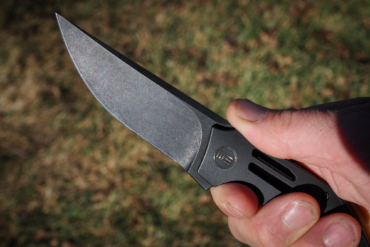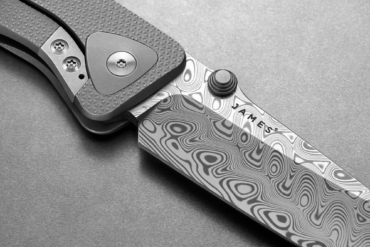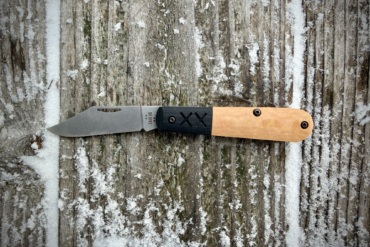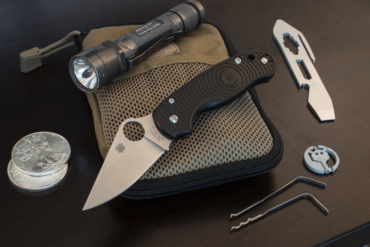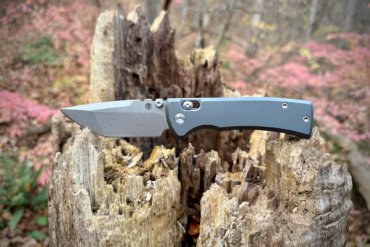Like it or not, the Sebenza has been a benchmark for knives for more than 30 years. Designed by South African ex-pat Chris Reeve, the knife’s simple lines and unassailable fit and finish have made it a classic in the knife world.
The Sebanza knife represented a gateway of sorts into higher-end (and higher-priced) stuff. Only true enthusiast manufacturers were willing to make as much or more than a Sebenza for a knife. In the early 2000s, its $330 price point was a barrier few (if any) production knives crossed.
In the 2020s, however, virtually every major brand makes a knife that sits at, or crosses, the so-called Sebenza Barrier. Virtually all of Reeve’s knives sell for the same or more.
And the once unrivaled fit and finish of the Sebenza now has many challengers for the throne. As all of these changes were happening, something odd also occurred — the plain-Jane model of the small Sebenza became a great value.
Chris Reeve Sebenza 31 Review
Sebenza 31: Specs
- Steel: S45VN
- Grind: Hollow grind
- Lock: Frame Lock
- Blade length: 2.99 in.
- Handle length: 3.98 in.
- OAL: 6.98 in.
- Weight: 3.0 oz.
- Price: $375 shipped
- Country of origin: USA
Highlights

The highlights of the Sebenza have remained unchanged for years: titanium frame lock, clip point blade, powder steel. All that is still here, although the current steel is the truly excellent Crucible S45VN. The 31 is not a revolution but an iteration. And it happens to be a sterling iteration.
First, the titanium-on-steel interface between the blade and the lockbar has been replaced by a high-precision ultrahard bearing, allowing for much longer use without altering the lock-up.
Second, the clip now sits at a diagonal across the handle and the lockbar. It is not a huge difference, but one that does make the knife comfier in the hand.
Finally, in a detail that only true knife knuts would notice, thanks to changes in the machine process, the indexing hole on the lock side is gone.
A Glorious Knife

Still, all of these changes are just the appetizer to what is still fundamentally one of the best designs in the knife world.
The small Sebenza is compact with a superb blade, and it can cut for days. There is nothing this folder can’t do that other folders can. And after years of wandering beyond the Sebenza Barrier, I can say with certainty that though other knives are expensive and possess a thicker layer of gloss, none are fundamentally superior to the small Sebenza.
This is, as it as always been, a glorious knife.
Times Have Changed
Custom Knife Factory, Shirogorov, and other high-end brands regularly charge more than $1,000 for a production knife. Even Chris Reeve itself now produces vastly more upgraded knives than the plain-Jane version that is in this review.
The Sebenza Barrier hasn’t been crossed so much as obliterated. In this environment, the thing that makes the Sebenza interesting — its outstanding design — is now complemented by a decent price.
Here is an example — when I bought my first Sebenza in 2010, I also bought a Spyderco Delica 4. Both are still made. The Sebenza was $330. The Delica cost me $55.
The Sebenza now sells for $375 while the Delica can’t be found for less than $85. The Delica’s price has gone up 35% (with the same steel), while the Sebenza has increased in price only 12% (with twice-upgraded steel). These two things mean that the plain Sebenza is actually something of a good value.
There are no drawbacks here, provided of course that you are willing to pay $375 for a knife — which is still, in the grand scheme of things, a whole lot of money.
Check Price at Chris Reeve

